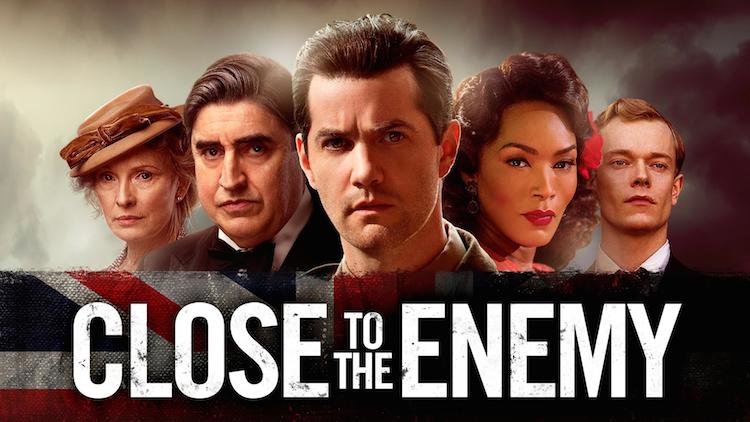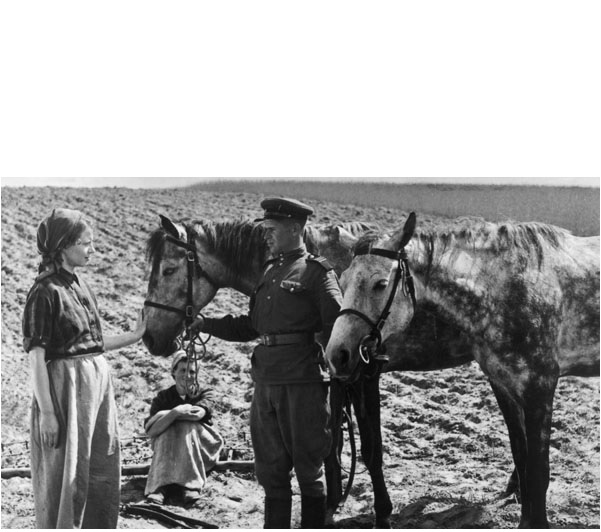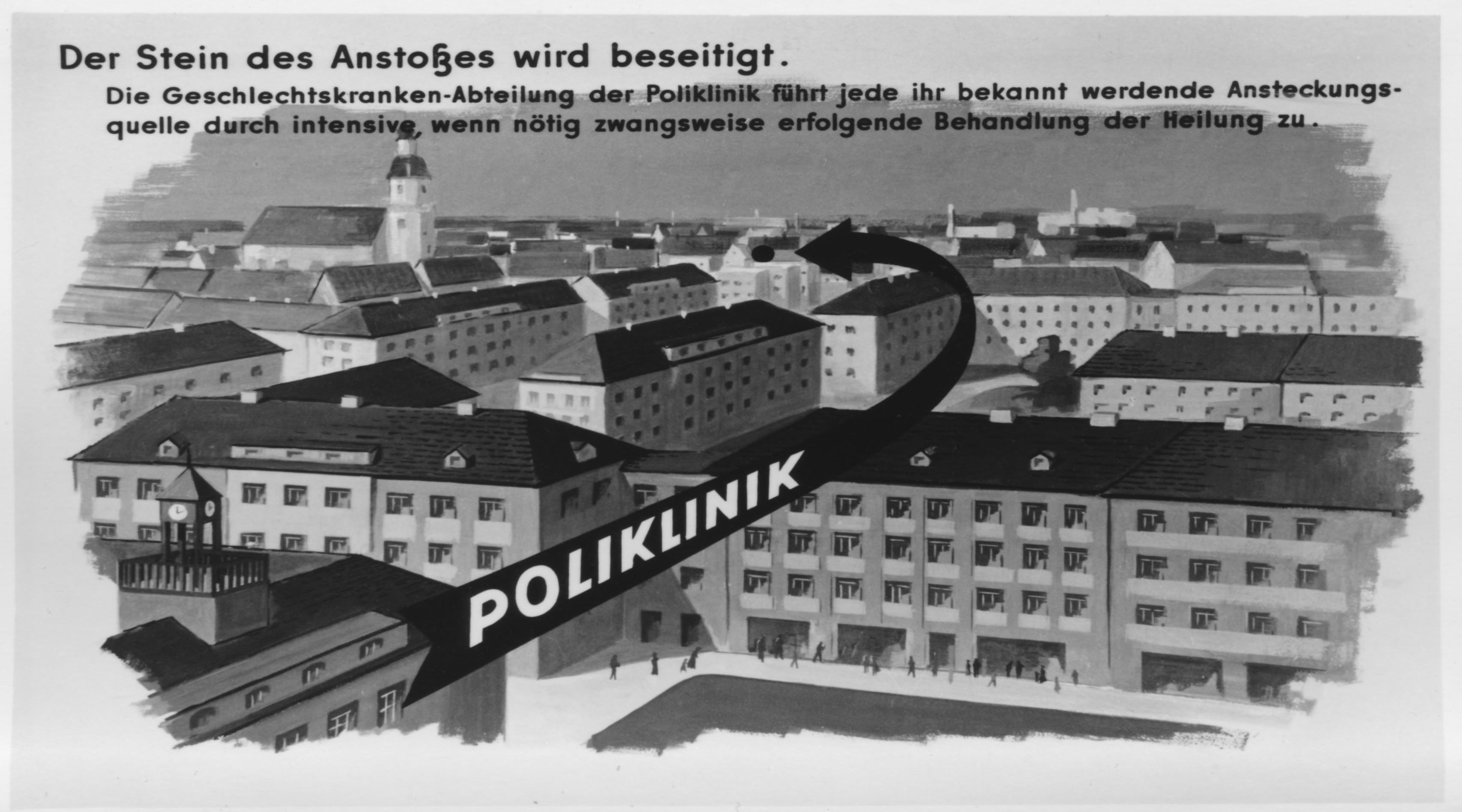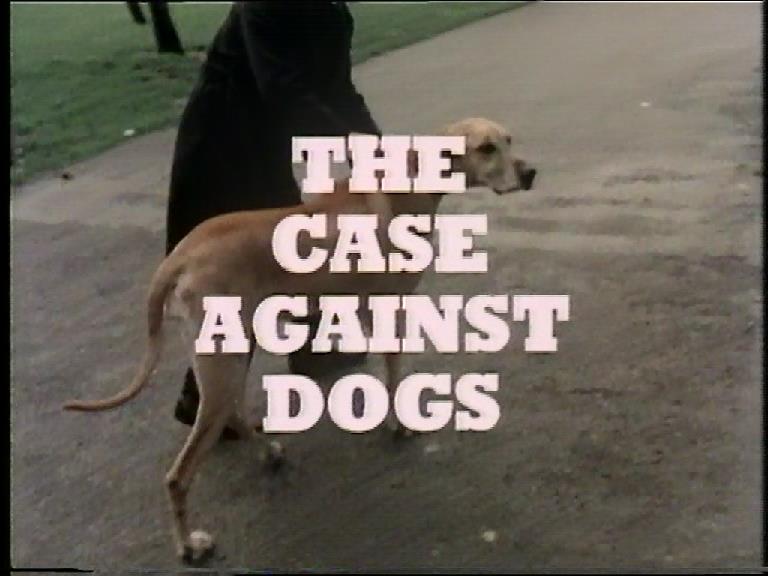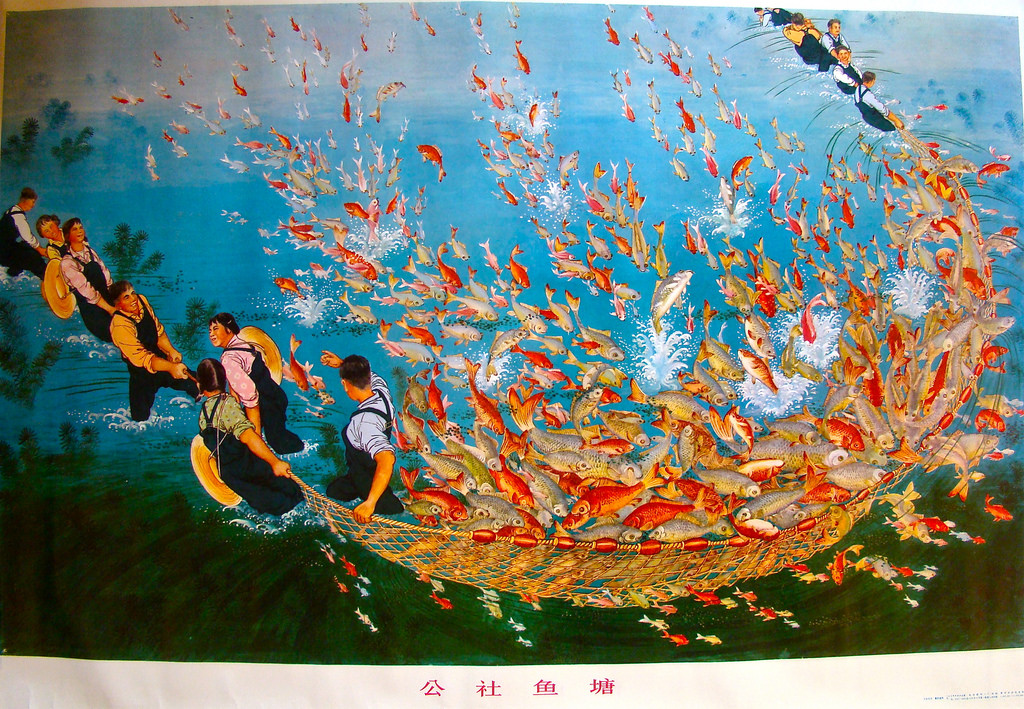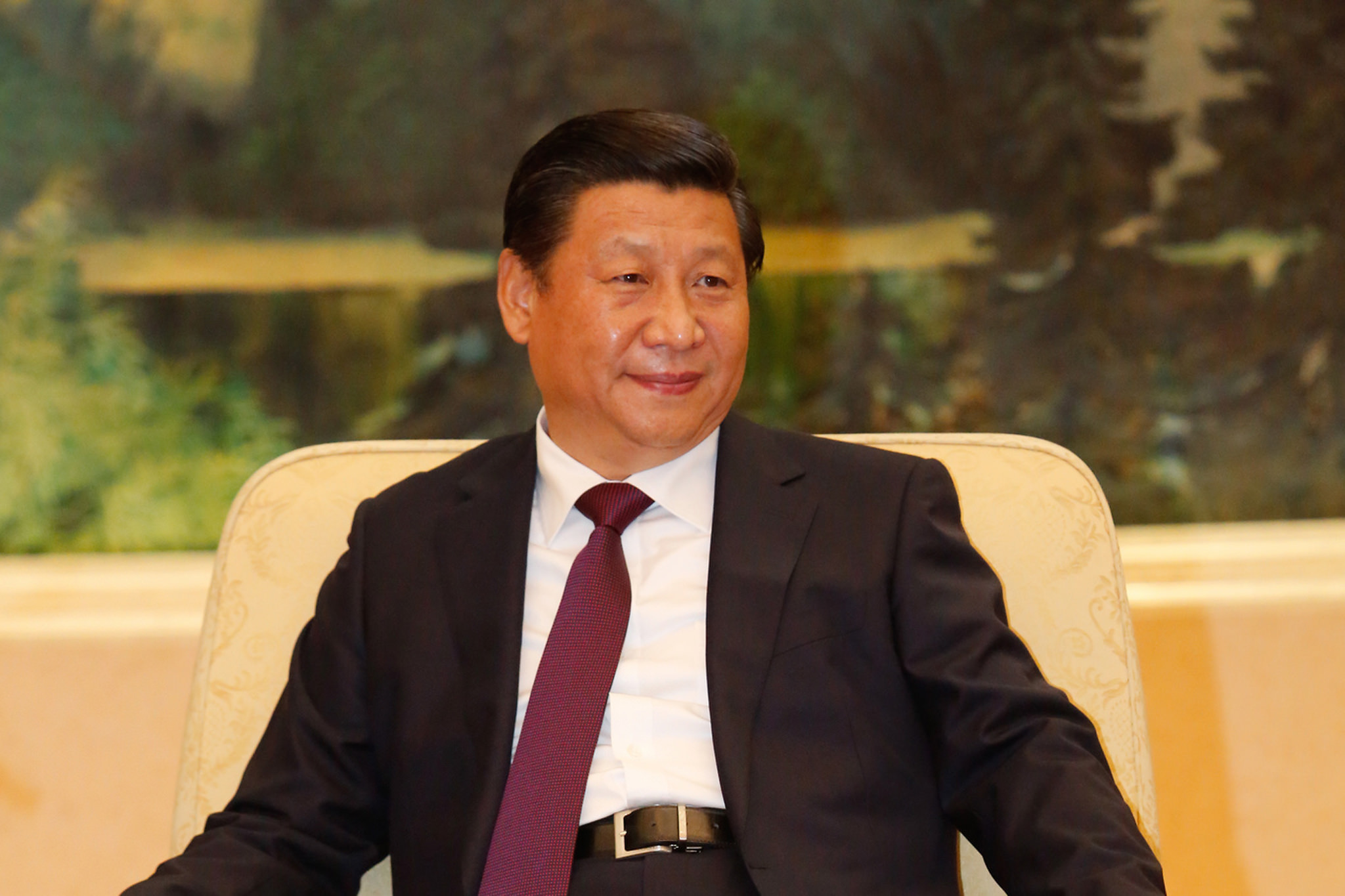Centre for the History of War Media and Society Annual Lecture. Professor Peter Jackson University of Glasgow Wednesday 10th May 2017, 17.00 Templeman Lecture Theatre, University of Kent, Canterbury campus.
Leave a CommentMunitions of the Mind Posts
Written by Charlie Hall. Close to the Enemy is a seven-part British TV drama series, penned by screenwriter Stephen Poliakoff (Dancing on the Edge, Capturing Mary), which aired on BBC2 throughout November and December 2016 (fear not, this is a spoiler-free article!). Set in Britain directly after the Second World War, Close to the Enemy explores many themes which were relevant to post-war British society, including the mental health struggles of returning servicemen, the…
Leave a CommentWritten by Sean Brennan Josef Stalin was ultimately more adept as an Imperial Architect than Adolf Hitler, if for no other reason than he had more of a methodological plan for doing so. The creation of a Soviet Empire in Central and Eastern Europe was no accident, the Soviet dictator had always planned to do so once Nazi Germany had been crushed. For decades historians and political scientists in the West debated whether Stalin wanted…
Leave a CommentWritten by Florian Steger and Maximilian Schochow After the Second World War, Russian officials introduced the Soviet healthcare system in the Soviet Occupation Zone (SOZ), which later became the GDR. Orders 25, 30, and 273 of the Soviet Military Administration in Germany (SMAD), while demanding “to fight people who belong to the German population and suffer from venereal diseases” (VDs), included measures designed to contain the spread of VDs, which were based on the…
Leave a CommentOn 20 September, in the week before the 2016-17 academic year proper began, the Centre for the Study of War, Propaganda and Society held an event to discuss new and ongoing research within the Centre and to welcome new members (primarily new first-year PhD students) to the community. The event began with an introduction from Centre director, Dr Stefan Goebel, which outlined the direction which the Centre will be taking over the next year…
Leave a CommentWritten by Neil Pemberton. If anyone reading this blog has heard of the disease toxocariasis, it is most likely through anti-excrement campaigns run by local councils to remind dog owners to pick up after their dogs. Toxocariasis is a rare disease caused by accidentally swallowing the microscopic eggs of the canine-borne worm Toxocara canis shed in the faeces of infected dogs, causing – in some cases – blindness and asthma. An embedded ritual within the choreography…
Leave a CommentWritten by Jia Zhen. To effectively motivate the people, propaganda posters of the People’s Republic of China published before 1976 paid much attention to providing a visual fantasy for the Chinese people. From the posters, what we can see not only includes the happy and healthy children, energetic workers, and devoted cadres of the Party, but fertile farms, advanced machinery and the grand view of a town. However, the Communist Party of China also considered…
Leave a CommentWritten by Piers Robinson. Although widely recognised, theorised and researched during the first decades of the twentieth century, propaganda has slid from scholarly attention. With the rise of Public Relations (PR) studies in the academy and the dramatic growth of the global PR industry our appreciation of the ways in which our minds can be manipulated has been diminished. Of course, none of this has been an accident. As Edward Bernays, the founding father of…
Leave a Comment


